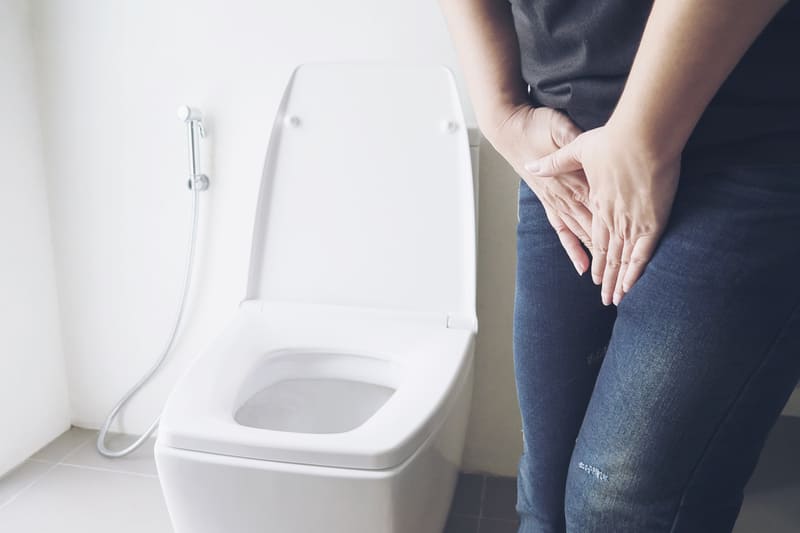Urinary tract or bladder infections are known to be common in women, therefore it’s important to discuss the latest insights on these infections and ways to prevent their recurrence.
A urinary tract infection or UTI involves symptoms such as pain, stinging or burning sensation when urinating. It can also cause feelings of urgency and frequency, cloudy and smelly urine that may also contain blood. Women may experience abdominal pain, general aches, and a sense of lethargy.
If the bladder is affected, it is called cystitis. Typically, these infections occur when bacteria that live harmlessly in the bowel, or on the skin, enter the bladder through the urethra (the tube that releases urine from the body) and start to multiply. These infections are far more common in women than in men. In men, the urethra is longer, making the distance between the bladder and the outside world more lengthy.
Postmenopausal women are more at risk of developing a UTI because their oestrogen level is much lower, which causes the thinning and shrinking of vaginal tissues and decreased lubrication.
Recurrent UTIs
People with urological risk factors such as kidney or bladder stones, urinary catheters and incomplete bladder emptying face a higher risk of developing a UTI. Diseases that compromise the immune system, such as diabetes or chronic kidney disease, may also increase susceptibility to UTIs.
Sex without sufficient lubrication may also contribute to cystitis. It is also more common during pregnancy due to changes in the urinary tract.
How to prevent UTIs
Drink plenty
Six to eight glasses a day, or two litres. Reduce fizzy drinks, fruit juice, caffeine and alcohol.
Personal hygiene and toilet habits
Ensure you empty your bladder, wipe (with toilet paper) from front to back, and avoid constipation. Just wash with water or a gentle emollient.
Consider antibiotics
If you have any concerns, it is best to have your urine analysed. When infection parameters are present, antibiotics might be the best treatment. You can discuss this with your GP (Good Practice).
Some dietary advice
Regular consumption of vitamin C as well as food and probiotics containing lactobacillus can help. Additionally, D-mannose is a naturally occurring sugar that may also be useful.
Other options like grapefruit seed extract and oil of oregano have been found to be beneficial as well. The evidence for the efficacy of cranberry juice is not as strong. Consuming cranberry juice may also lead to increased sugar intake, which may not be ideal for everyone.
When to see a GP
Usually, symptoms may resolve by drinking plenty of fluids. If symptoms persist for more than two days or include fever, pain in your loin and/or nausea and vomiting, you should see your trusted medical practitioner. A urine sample (which can be analysed) may help confirm the diagnosis and determine which antibiotic will work best if one is necessary.
If you experience frequent UTIs or if the infection spreads to your kidneys, you may require further investigations or referral to a specialist.
In summary: It’s important to recognise the possible symptoms of a UTI, drink plenty of fluids and if your symptoms persist, you should see your GP (Good Practice).




